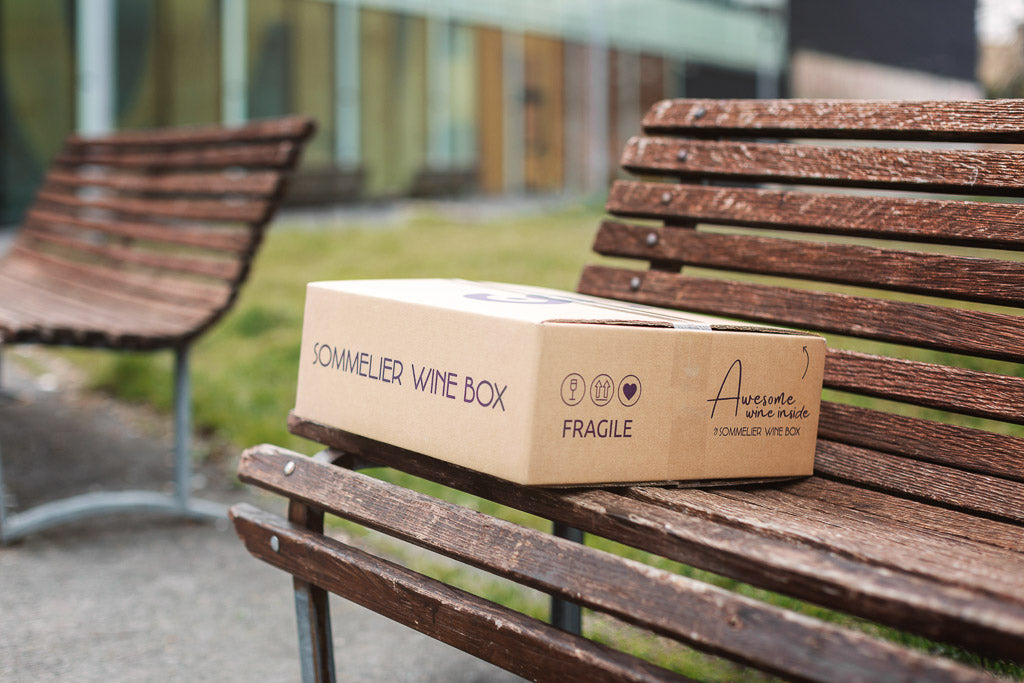There is more and more talk about it: the "resistant" Piwi vines produce wines of the highest quality and are also of great interest in relation to environmental sustainability. But what exactly are they? When were they born and how are they used? Which are the most important, the ones that really cannot be missed? Here's what you need to know about hardy vines, in five simple points.
Resistant Piwi vines are still rare, although in recent years their use has been increasing exponentially and today a trend can be identified. In five simple points we see what they are and how much there is to know.
1. What are Piwi resistant vines?
Piwi is an acronym deriving from the German pilzwiderstandfähig which means “fungus-resistant vines”. Piwi vines (also called "hybrid" or "super organic") are crosses of different vine species (European vines and American or Asian vines) and are cultivated with the aim of minimizing the use of phytosanitary treatments in the vineyard until they are completely eliminated. Furthermore, they allow the cultivation and production of wine at latitudes and altitudes that are generally unthinkable for other vines.
The aspect of the drastic (or total) reduction of treatments should not be underestimated: cultivating resistant vines also means reducing the environmental impact of viticulture, in at least two practical aspects: fewer chemical products and fewer passages with machinery in the vineyard.
Fun fact: PIWIs tend to have thicker skin.
2. When were the Piwi born?
Piwi were developed in the second half of the nineteenth century , initially in France, with a very specific purpose: some varieties of European vines were grafted with American varieties to test the resistance of the vine to cryptogams (fungal varieties) and to phylloxera which, in that period, it was killing most of the vineyards in Europe. Hence, the creation of new vines whose use also results in the pursuit of more sustainable agricultural practices.
3. How are Piwi resistant vines used?
A winemaker who decides to plant Piwi vine varieties wants to produce excellent wines while limiting the use of chemical substances and phytosanitary interventions as much as possible , which can amount to zero. This choice, of course, does not entail the total resolution of the vine's problems because some fungal varieties can damage even resistant vines. However, to date, for greater environmental sustainability and to significantly limit the impact of viticulture, using Piwi vines is an excellent solution.
Compared to conventional grapes, PIWI varieties are more resistant although they are not completely invincible. However, they allow fewer treatments. From an oenological point of view, however, the wine shows no perceptible differences.
- Read also: what is a cutting?
4. Where are the resistant Piwi varieties most widespread?
Today, Piwis are mostly adopted in Germany , especially in the Rhine, Moselle, Baden and Saxony areas, followed by Austria and Switzerland. In France they are developed in the Bordeaux , Languedoc & Roussillon area. Furthermore, in recent years they have become trendy in Poland and Denmark.
In Italy they are found mainly in Veneto, Trentino Alto Adige and Friuli Venezia Giulia. In the Bel Paese there are 5 PIWI associations: Lombardy, Trentino Alto Adige, Friuli Venezia Giulia and Piedmont).
5. What are the main resistant Piwi vines?
The main European resistant vines are: Bronner, Cabernet Blanc, Cabernet Cortis, Julius, Ravat Blanc, Johanniter, Gamaret, Prior, Leger and Solaris.
Solaris is perhaps the best-known Piwi in Italy: it is a resistant vine obtained in 1975 in Germany at the excellent Institute of Enology in Freiburg. Its extraordinary resistance to fungal diseases allows chemical treatments to be canceled out and is a guarantee of the healthiness and quality of the wine .
Create your box now!





